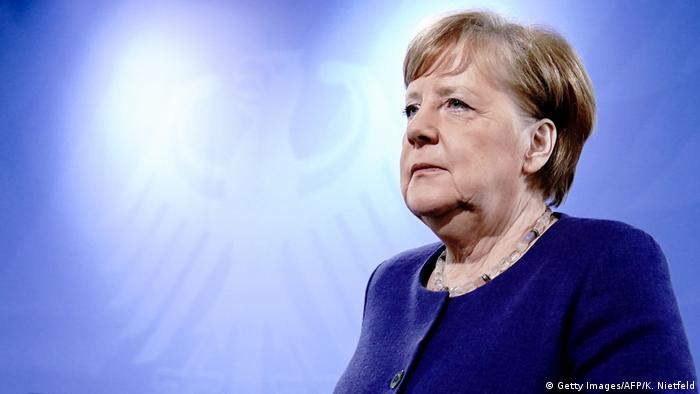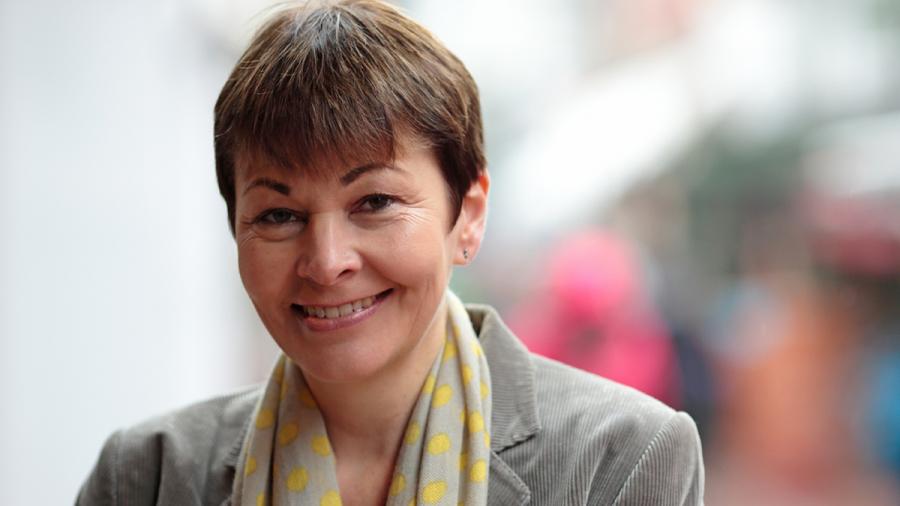Hello ladies and gents this is the Viking telling you that today we are talking about
PEOPLE WHO WILL SAVE THE WORLD
Angela Merkel

Angela Merkel, 53, has inherited Tony Blair's mantle as the politician forcing climate change the hardest on to the world stage, and she is a formidable advocate. The only major player left who helped hammer out the original global warming agreement at Kyoto in 1997, she is one of the very few with a grasp of what it means if humanity fails.
But it's what Germany does at home that gives Merkel authority. A quantum chemistry researcher brought up by a Lutheran pastor in communist East Germany, she was made German environment minister in 1994. The country now leads the world in turning away from coal and oil, and setting the highest targets for renewables and emission cuts.
She's not so popular with Greens, who accuse her of being a lackey to nuclear power and a friend of Bush, but they accept that she gets things done. Ten years ago, she shocked people when she said Germany should aim to raise the proportion of its electricity generated from renewable energy to 50% by 2050. It's now 12% - compare Britain's 3% - and is on track to be 20% in 12 years' time. She asked Germans to believe her when she said renewables would provide more jobs. There are now nearly 250,000 people working in the sector. And at the UN meeting at Bali last month, she told the EU it had to stick together and be ambitious. It led the fight against President Bush.
The speed at which Germany under Merkel is pursuing climate change policies is embarrassing the UK and other countries, which talk up the need for action, but deliver little. The UK aims to cut emissions by 60% by 2050 and argues that it needs nuclear power to do so. Germany, meanwhile, wants 40% cuts within 13 years without resort to nuclear power - something far harder.
"The faster industrialised countries cut their emissions, the more willing other countries will be to do their bit," Merkel says. "An intelligent and fair regulation of CO2 reductions is in everyone's best interests."
It's heady stuff for the world's energy watchers. German energy efficiency is to be improved by 3% a year for 20 years. The country expects to use 10% less electricity within a decade; all power stations are to be modernised; there's £30bn for more renewables; railways will be further subsidised to lure people out of their cars and away from aeroplanes; plans for more wind turbines, photovoltaic electricity and biofuels will all be fast-forwarded; there is £1,500m to reduce CO2 in existing buildings; and the solar market is growing by 40% a year. Few doubt that Germany is on track to achieve one of the greatest transformations in any country's use of power.
Merkel is matter of fact about the costs. One leading thinktank recently calculated that climate change would cost Germany nearly £100bn a year by the middle of the century, so stumping up £4bn over the next few years to avoid that is cheap, she reckons.
"The costs of reducing emissions should be seem as a sound investment," Merkel says. "Unabated climate change will slash prosperity by between 5% and 25%. Rigorous climate protection will cost only 1% of this prosperity and makes economic sense."
She is lucky in that Germany has a secret weapon in the battle against global warming: called the Renewable Energy Sources Act, it sets minimum prices for generating electricity. Anyone generating electricity from renewables now gets a guaranteed payment of up to three to four times the market rate, guaranteed for 20 years. This has not just kickstarted the whole German renewable industry beyond its wildest imaginings, it also reduces the payback time on such technologies and offers a high return on investment. The idea has since been adopted in many other countries, and was picked up by the Conservatives in Britain in mid-December.
Germany is far from green. It has immense ecological problems and is still the world's sixth greatest polluter, but for now it has gone renewable-mad with farmers, householders and businesses competing with each other to profit the most. If under Merkel Germany doesn't meet UN and EU targets, then it's nowhere will.
Caroline Lucas

Caroline Lucas, 47, is Green MEP for SE England and is likely to be elected the Greens' first sole leader next year when members have a referendum (hitherto the party has had a joint leadership). She was nominated here by Jonathon Porritt: "She is the most inspiring politician the Green party has had since its inception - honest, articulate, passionate." In the meantime, she is intensely disliked by EU commissioners and much of big industry after drafting laws to force airlines to pay the true environmental and social costs of flying, forcing a legal investigation into nuclear power, taking on chemical companies and harassing the commission at every opportunity on trade, GM crops, globalisation and animal diseases.
Bob Hertzberg

Bob Hertzberg, 53, founder of venture capital firm Renewable Capital, is one of a new breed of financier piling unprecedented amounts of money into renewable technologies. He ran for mayor of Los Angeles in 2005, finishing in third place. Renewable Capital has holdings in electric car companies, solar electric firms and windfarms. He is also backing a company in Cardiff that produces solar cells that do not need direct sunlight to generate electricity. In a process similar to photosynthesis, it uses nano-sized titanium crystals to turn light into electricity.
And as always have a chilled day from the Viking
Comments
Post a Comment